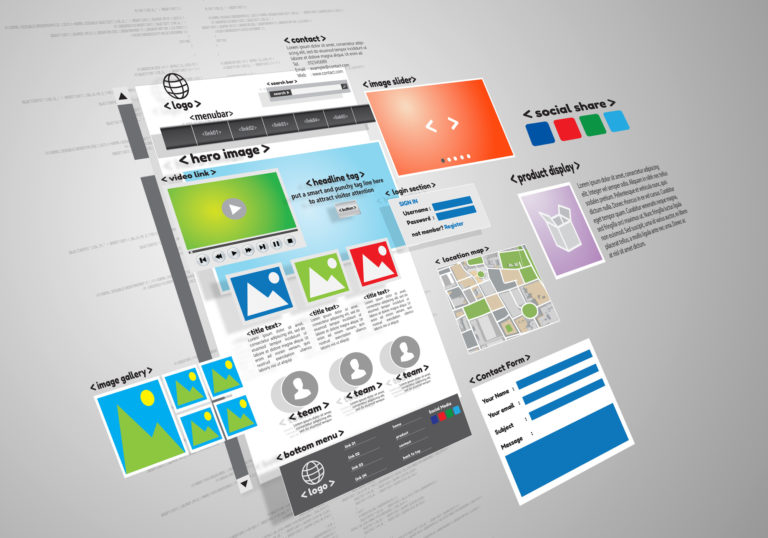
In today’s digital era, web design is no longer a luxury; it’s a necessity for businesses aiming to establish a strong online presence. A well-designed website serves as a company’s digital storefront, influencing everything from user engagement to brand credibility and revenue generation.
1. First Impressions Matter
Your website is often the first interaction a potential customer has with your business. Studies suggest that it takes users only 50 milliseconds to form an opinion about a website. A visually appealing, well-organized design creates a positive first impression, encouraging visitors to stay longer and explore further.
2. Enhances User Experience (UX)
Web design directly impacts how users interact with a site. Key elements like intuitive navigation, responsive design, fast loading speeds, and accessible content ensure a seamless user experience. For instance, mobile-friendly websites cater to the increasing number of users browsing on smartphones, improving accessibility and satisfaction.
3. Builds Credibility and Trust
An outdated or poorly designed website can make your business appear unprofessional or untrustworthy. On the other hand, modern, clean designs with clear branding elements instill confidence. Features like secure payment gateways and transparent policies further bolster credibility.
4. Boosts Search Engine Optimization (SEO)
Web design and SEO are interlinked. Clean code, mobile responsiveness, fast loading speeds, and user-friendly interfaces all contribute to better search engine rankings. Moreover, properly structured content and easy navigation improve crawlability for search engine bots.
5. Increases Conversion Rates
Effective web design can guide users toward specific actions, such as making a purchase or signing up for a newsletter. Strategic use of call-to-action buttons, engaging visuals, and trust-building elements like testimonials can significantly boost conversions.
6. Reflects Brand Identity
A website serves as a digital extension of your brand. Consistent use of colors, fonts, logos, and imagery ensures that your site aligns with your brand’s identity, fostering recognition and loyalty among customers.
7. Keeps You Competitive
In a world where businesses vie for online attention, standing out is crucial. A thoughtfully designed website sets you apart from competitors who may rely on outdated or cookie-cutter templates.
8. Supports Accessibility
Inclusive web design ensures that users with disabilities can navigate your site effectively. Features like screen reader compatibility, keyboard navigation, and appropriate color contrast make your website accessible to a broader audience, demonstrating social responsibility.
Key Takeaway
Investing in professional web design is not just about aesthetics—it’s about creating a functional, user-friendly, and trustworthy platform that meets the needs of your audience and drives your business objectives. Whether you’re a startup or an established brand, prioritizing web design is a smart strategy for long-term success.
By combining strong visuals with functionality and SEO practices, businesses can enhance their digital footprint and connect with users more effectively, ensuring sustained growth in a competitive marketplace.